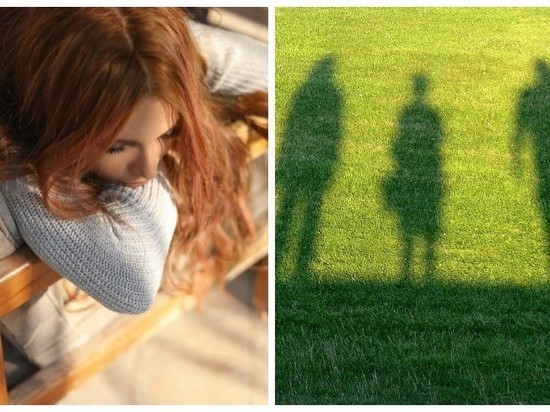People of different ages feel lonely. With what this is connected, scientists tried to find out under the leadership of Tanya Franssen from Maastricht University. They asked 26,342 residents of the Netherlands to fill out a questionnaire, which indicated their personal data (with whom the respondents live, how often they communicate with friends and family, what health they have) and their assessment of general, emotional and social loneliness.
The survey participants were divided into three categories: young people (19 to 34 years old), middle-aged people (35 to 49 years old) and elderly people (50 to 65 years old). He showed that 48.2 percent of people in the older group feel rejected. In the middle age group, this figure was 43.3%, among young people – 39.7%.
Among young people, ethnicity, lack of financial stability and poor psychological state were found to be important factors influencing the onset of feelings of loneliness.
Ethnicity also correlates with feelings of loneliness in middle-aged people. For them, as well as for the elderly, communication with the family is of great importance. The older age group showed less correlation with companionship and more with physical health.
It turns out that loneliness at different ages is associated with different factors. As N + 1 clarifies, in this case we are talking only about correlation. Elucidation of causal relationships requires a separate long-term study.
Recall that earlier we talked about how sleep helps the memory of people and robots.
